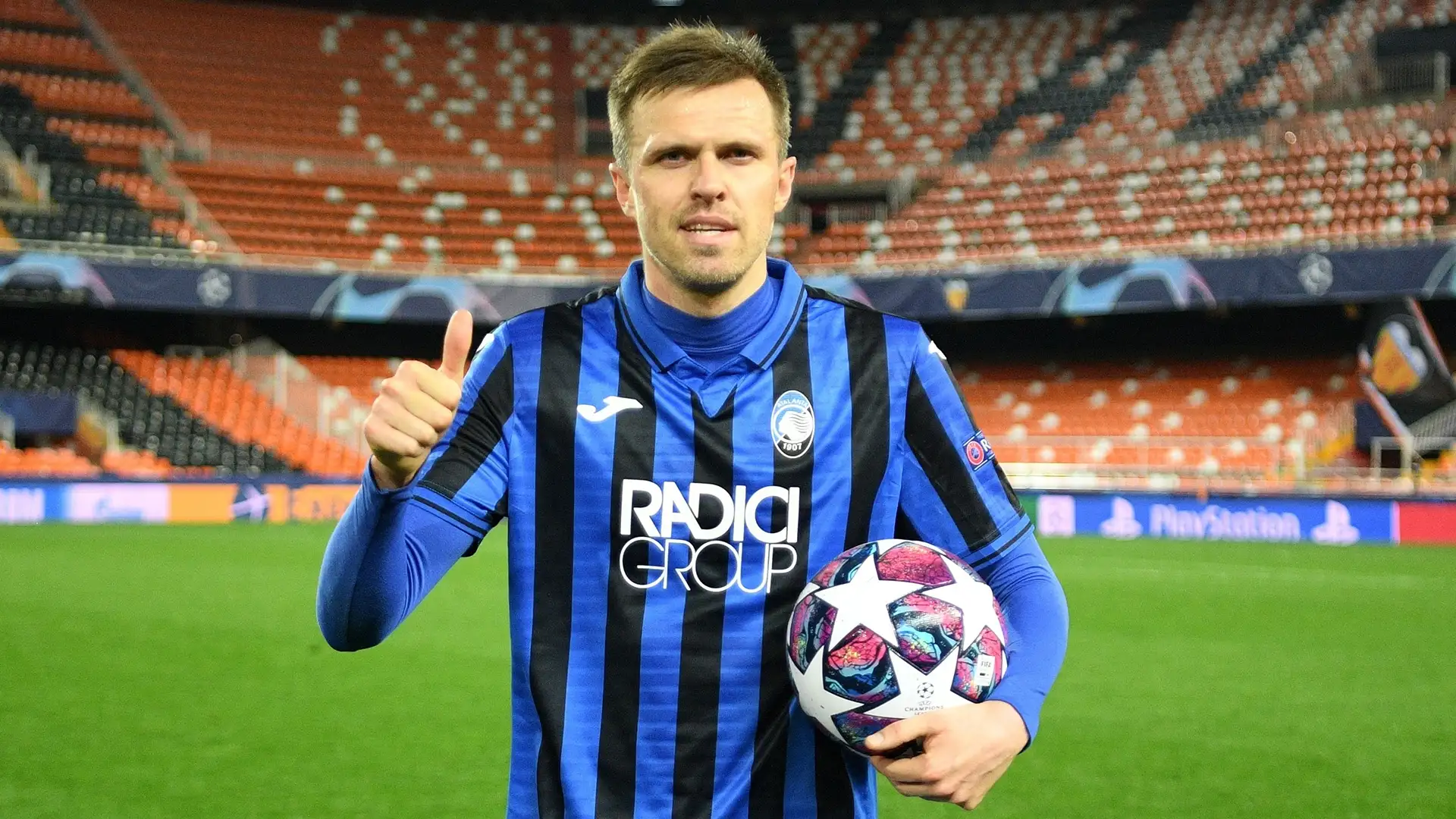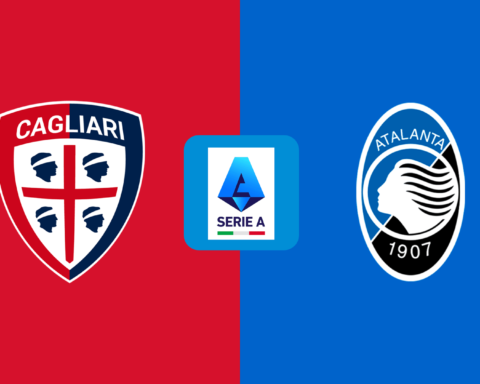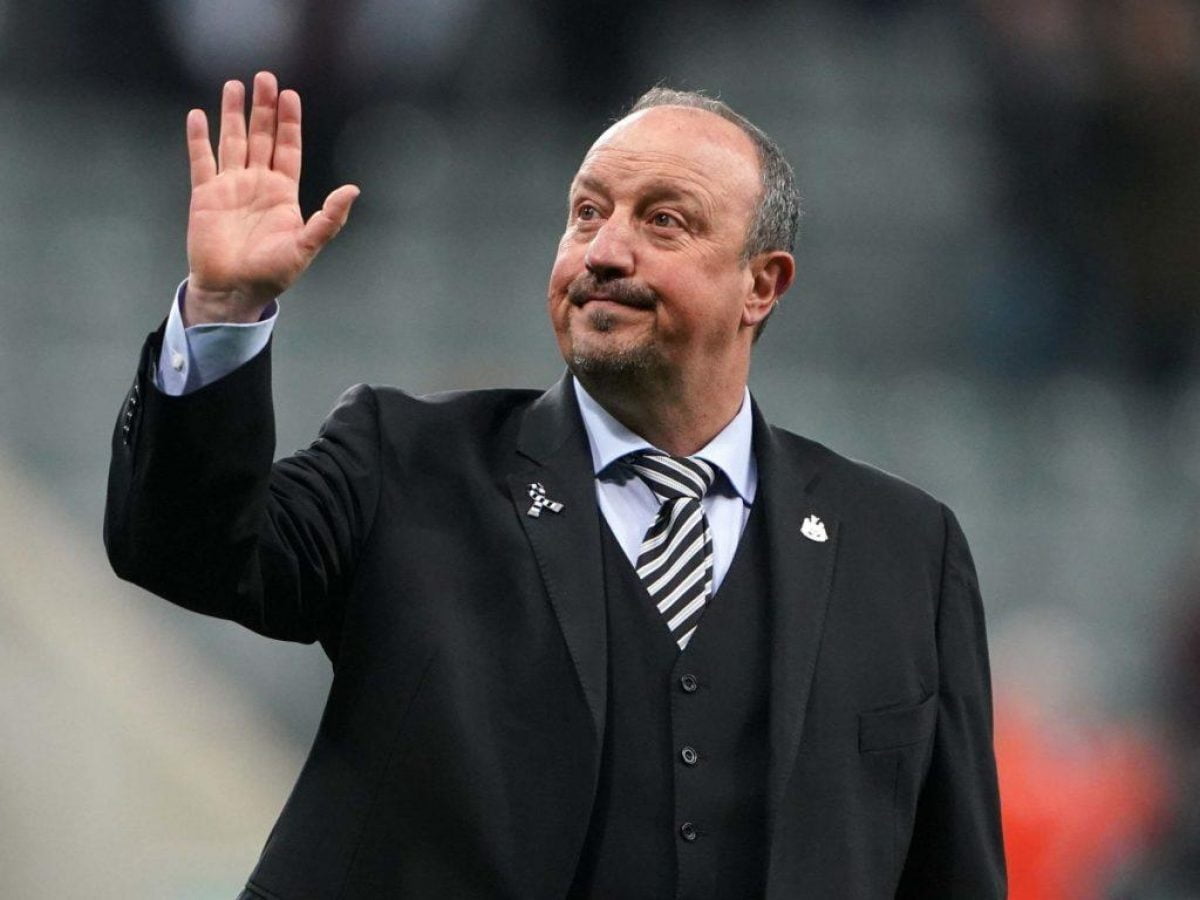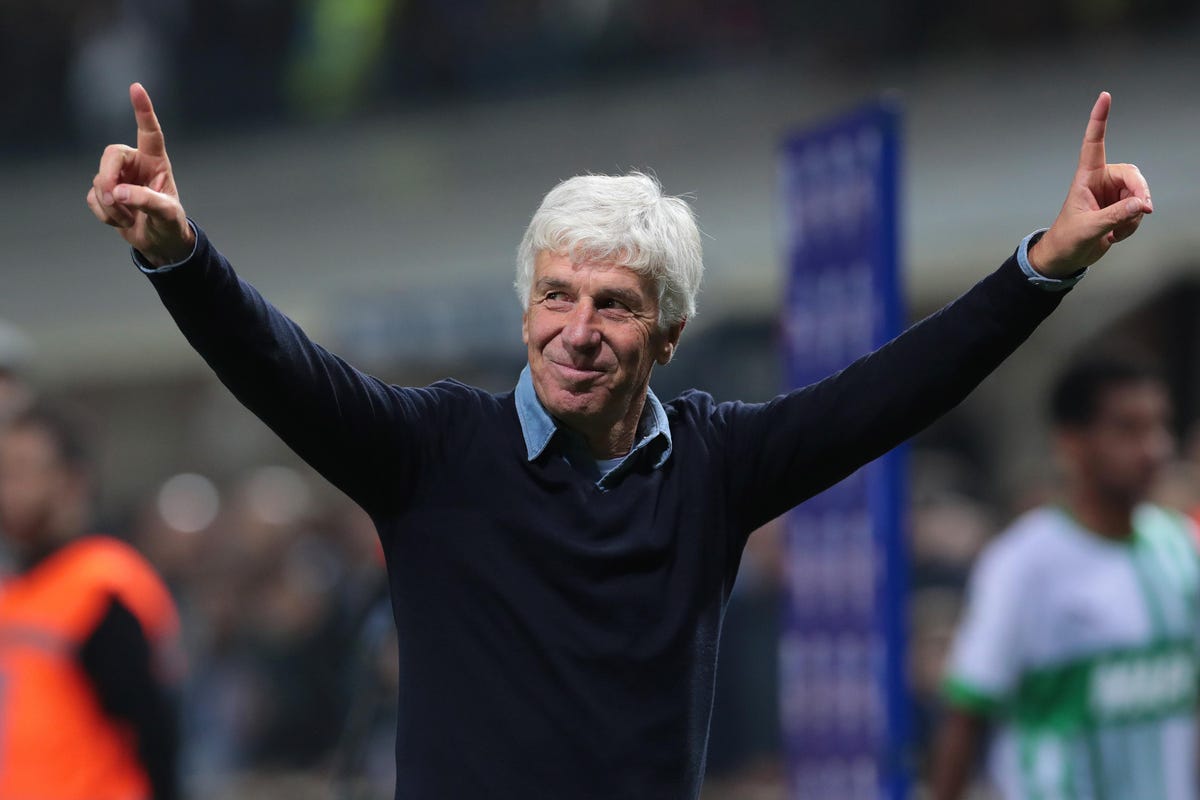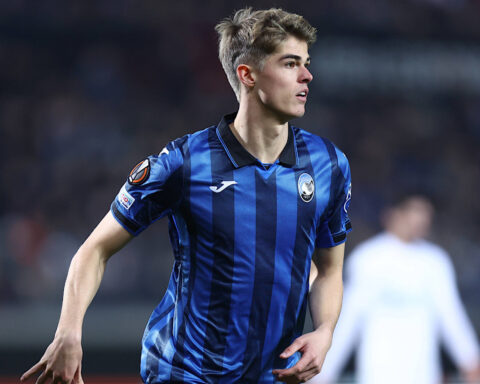Slovenian international Josip Iličić recently opened up about his life and challenges during an interview with AS, coinciding with the UEFA Champions League match between Atalanta and Real Madrid. He reflected on his journey, revealing deep insights into his mental health struggles and decisions regarding his career.
Iličić reminisced about a significant moment in his career when he almost joined Napoli. “It was practically done, but in the end, Atalanta decided not to let me go,” he shared. He had already accepted Napoli’s offer and had discussions with Carlo Ancelotti, who encouraged him warmly: “Come on, let’s go eat and drink…” This personal touch from Ancelotti made a strong impression on Iličić, who felt a connection with the club.
Discussing his struggles, Iličić admitted that he faced immense pressure while playing at high levels consistently. “There came a point where I no longer felt the need to play at high levels,” he said. After the COVID-19 hiatus, he felt different and realized it was time to step back. “I promised to return the day I left Maribor, and I kept that promise,” he stated.
On the topic of his departure from Atalanta, Iličić explained that he requested to leave after taking a break to recover physically. He expressed that mental well-being is crucial for physical performance: “If you are not well mentally, you cannot last physically.” He emphasized that if he couldn’t give his best due to mental struggles, it was better for him to take a step back. “Football is not just about money; otherwise, I would have gone to China or Saudi Arabia. Football is love,” he remarked.
Iličić’s emotional journey led him to realize that being away from his family was unbearable. “After a month of confinement, I asked the club to let me go. I suffered too much without my family,” he confessed. Once he returned home, he found peace and clarity about his life choices: “Playing every three days meant constant travel; I couldn’t accept my family seeing me suffer.”
Reflecting on his past experiences, Iličić noted how playing at such a high level had taken its toll on him. He expressed a desire for happiness and a simpler life: “I felt like a child again; that’s what made me happy.”

